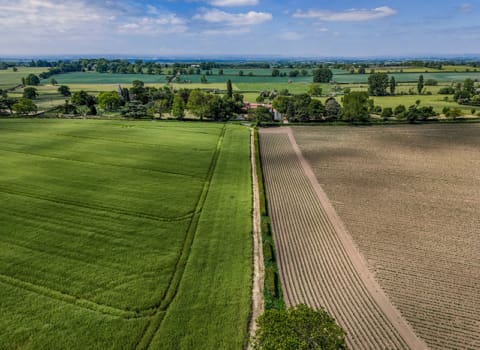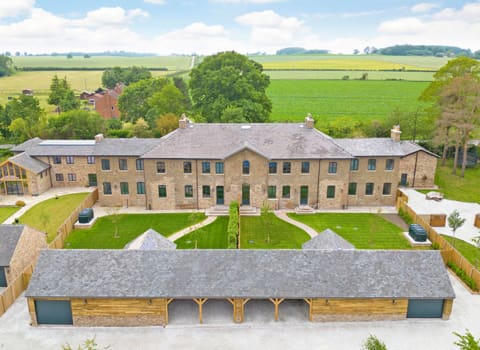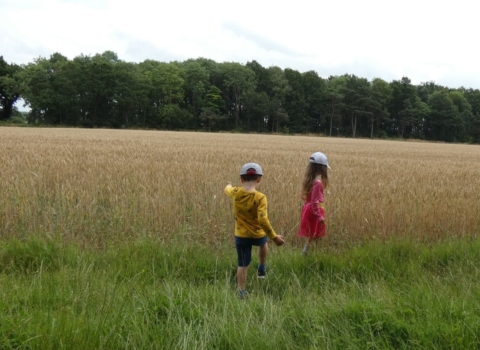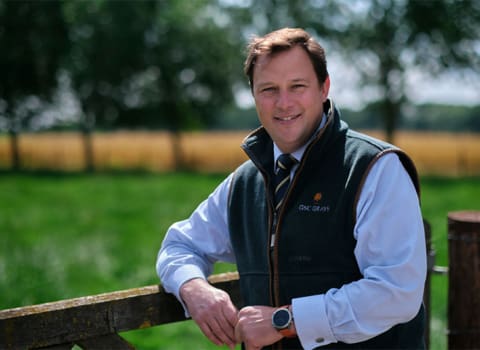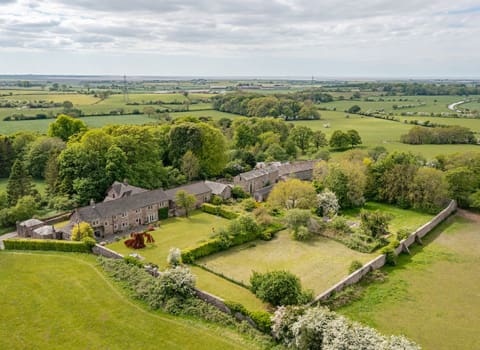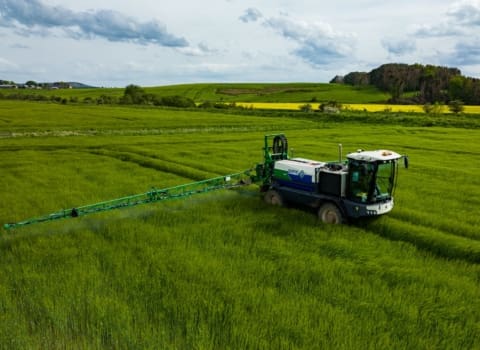Contact our offices
Main office
COLBURN
5 & 6 BAILEY COURT
COLBURN BUSINESS PARK
RICHMOND
NORTH YORKSHIRE
DL9 4QL
Estate Agency Offices are located in
BARNARD CASTLE, BOROUGHBRIDGE & RICHMOND
Residential Management Team
Our Offices
- Alnwick
01665 568310
Email Officealnwick@gscgrays.co.uk - Barnard Castle
01833 637000
Email Officebarnardcastle@gscgrays.co.uk - Boroughbridge
01423 590500
Email Officeboroughbridge@gscgrays.co.uk - Chester-Le-Street
0191 3039540
Email Officechester-le-street@gscgrays.co.uk - Colburn
01748 897630
Email Officecolburn@gscgrays.co.uk - Driffield
01377 337180
Email Officedriffield@gscgrays.co.uk - Hamsterley
01388 487000
Email Officehamsterley@gscgrays.co.uk - Hexham
01434 611565
Email Officehexham@gscgrays.co.uk - Kirkby Lonsdale
01524 880320
Email Officekirkbylonsdale@gscgrays.co.uk - Penrith
01768 597005
Email Officepenrith@gscgrays.co.uk
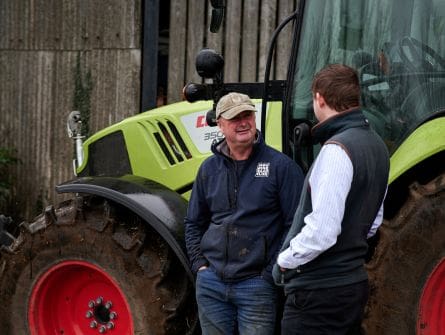
Budgeting – Frequently Asked Questions
Budgeting and financial planning are key components of top-performing farm businesses, allowing farmers to manage cashflow, identify opportunities for investment, and evaluate individual enterprises within the business in a way that is not usually possible by analysing historic financial accounts.
Q. Why should farmers consider budgeting? Or are farmers already budgeting?
It is important for farmers to take a critical view of financial performance. This is especially true in periods of substantial change, as being experienced now. Historically, many farming businesses producing budgets would be doing so for financial reasons. We are seeing a transition from this towards wanting to understand the profitability of different enterprises on the farm, planning for changing operations going forwards, and also to allow for business stakeholders to find more time away from the farm.
Q. How do budgets differ from tax accounts?
The tax accounts provided by an accountant are an important record of the financial performance of a business. However, tax accounts are often prepared up to 9 months after year-end, and the information is therefore historic when produced. The problem with only looking backwards is that future prosperity of the business depends on what happens tomorrow, not last year.
A budget is a completely different document, which looks forwards to understand the likely levels of profit achievable over the next 12-24 months, the amount of finance required on overdraft to provide working capital for the business to operate effectively, and likely changes in the capital position of the business over time as well. As such it is a tool for financial forecasting so can also be used to map out changes and look at ‘what-if’ scenarios.
Q. How can farm business consultants support farmers with budgeting?
A good Farm Business Consultant will utilise the tax accounts to assess the strength and financial performance of the business from a balance sheet perspective (assets and liabilities). Importantly, they will also put the financial figures into context within the practical management of a farming business, adding value by giving a critical review of the figures, benchmarking both output and input costs against comparable information and industry guides. The profitability of each enterprise will also be analysed to understand how the business can best move forward in a profitable and sustainable way.
Q. With all this market volatility, what’s the point in budgeting when everything keeps changing? How can you possibly plan for the future?
The greater the volatility, the greater the reason to budget. The most crucial thing to identify in the budget is the baseline cost of the business. Income forecasts are important – certainly it is important not to pitch too high – but ensuring the costs of production are accurate is critical to understanding the point at which the business becomes loss-making.
Underestimating income in the budget is far less problematic – quite the contrary – than underestimating the costs of production in terms of financial performance.
Volatility is here to stay, so understanding your bottom line baseline cost is pretty key to being as informed as you possibly can, to make the best choice possible.



